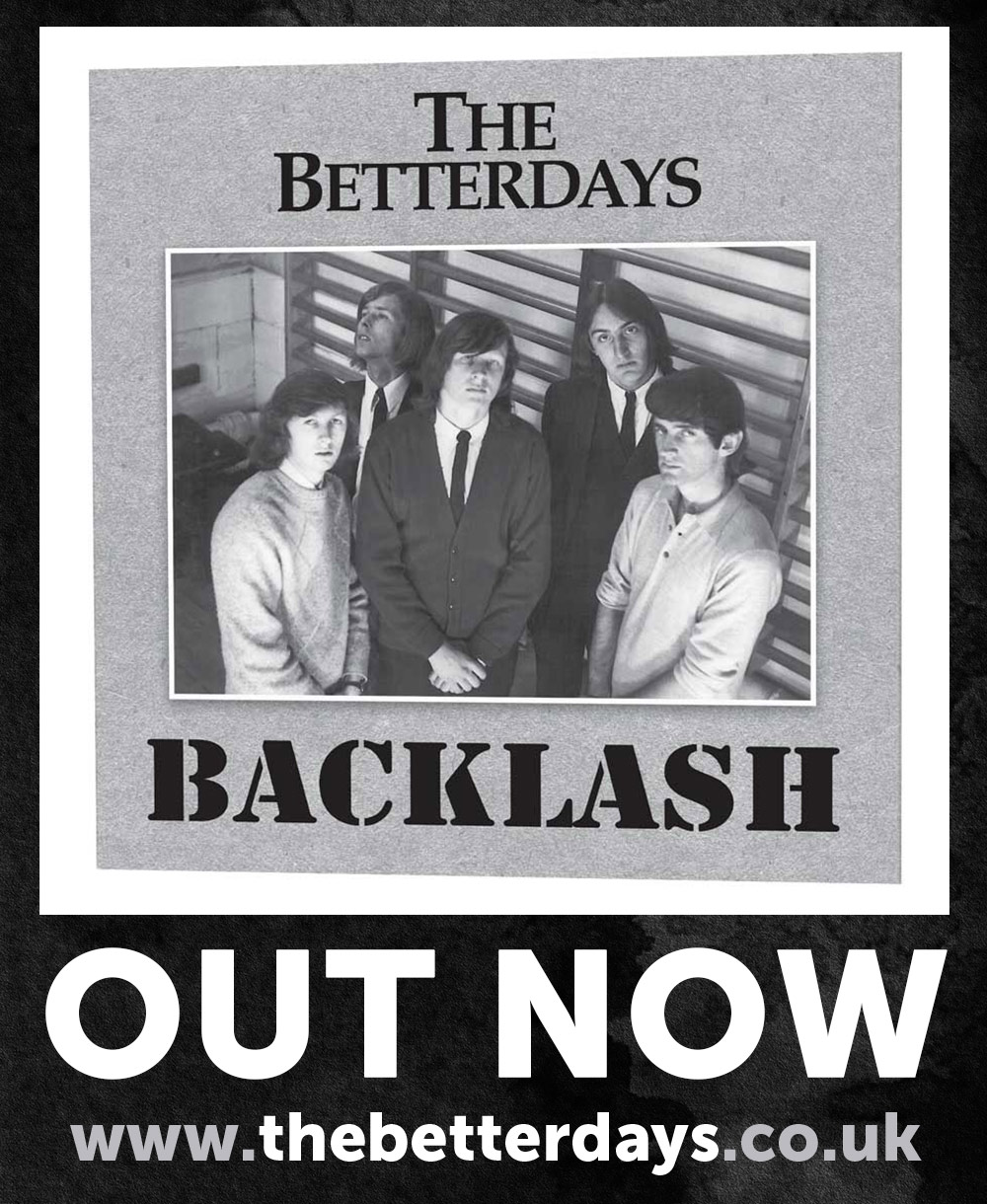 (4 / 5)
(4 / 5)
A name new to me, about to drop an impressive eight-track collection of original material that certainly deserves attention: Julian Taylor from Toronto.
On “Avalanche”, you will hear a fine voice on a melting pot of all-original material. The horn-soaked single “Back Again” – released at the end of July – oozes soul, but doesn’t sum up the whole record.
The full album most definitely sits on a soulful foundation, but it is not any one thing, not any one genre, and therefore does not have any one defining sound. That could be a blessing and a curse, perhaps.
The songs reflect Julian’s favoured listening fodder from Memphis, New Orleans, Detroit and Kingston, Jamaica. Julian is of West Indian ancestry, an indigenous Canadian. His grandfather was Mohawk.
All eight songs here were prompted by a delve through his mother’s attic, which triggered many memories – happy and sad.
Julian and his band are festival faves across Canada, and their previous releases include 2016’s “Desert Star” and 2017’s “Live At Lee’s Palace”. Not heard either of those, so I cannot compare them to this new one.
Julian produced the new record and wrote or co-wrote all eight songs with various band member,s and one with Canadian poet Robert Priest.
The personnel across the record are: Julian on guitars and lead vocals, Gareth Parry on guitar, bassist Steve Pelletier, drummer Jeremy Elliott, David Engle and Derek Giberson on keyboards, organ and piano, tenor and baritone sax Ritch Thoman, trombone Zach Smith, trumpet Troy Dowding, cellos Kevin Fox, percussion Dave Gouveia and Leon Mobley and a cast of seven backing vocalists.
The PR blurb says this stuff is for fans of Nathaniel Rateliff, Leon Bridges, Michael Kiwanuka and Allen Stone. Jury’s out on that, for me. There is a focus on groove, and it is what we music critics call “an even listen”, meaning there is no dead wood here and it all sits snugly together nicely.
Recorded live to tape in two weeks. This palpable ensemble chemistry cannot be created by lots of overdubs and players sending in their parts by WAV file. No sir.
Opener “Time Takes You” kicks off with the same drum track as my favourite ever song, Stevie’s “Superstition”. There are tight punchy horns, funky guitar and Julian has fun with the vocal. Good start.
Next up, “Take What You Need”, has a strong hook, a 70s vibe and yet more groove. That recurring guitar and keyboard riff is an ear-worm, but does go on a bit too long in the instrumental segment. Gil Scott-Heron and Richie Haywood vibes maybe, which is no bad thing at all. Julian taps into his natural vibrato on the vocal.
The title cut slows things down, where he uses a softer side to his vocal, and higher end of the register. I like the fact they have not thrown a load of production at this track, and given the song space to breath.
Under-stated acoustic and electric guitars, organ, bass, laid back drums and subtle strings are bang on. If I were to pick out a track that I think is a direction maybe he should pursue for that niche sound of his own, I’d say this one. But I am pretty sure JT would reject that thought, and wish to continue being as versatile as he can be. Good for him.
He’s like a kind of modern day Cat Stevens or Labi Siffre in a way; with a folkish core and a dollop of lovely warming, soulful vocals on top.
“Sweeter” is a raw, unpolished track that has early Prince flavours. A work in progress to my ears. “Learn To Love” sits on a dirty, heavier rockier groove.
Pace slows down again with “Gone”, in Dan Penn/Spooner Oldham/Memphis territory. Chilled vocal that fits well. Horns are blissful, and Julian is almost on the edge of his range later in the song, which gives the vocal a passionate and emotion-soaked edge to it.
The closer, “Never Let The Lights Go Down”, is really cool, with an infectious hook. “Gang style” backing vocals add value. The greasy organ slipping in and out adds the right flavours. Electric piano is just right. Drummer’s in the pocket. That vocal vibrato works well. Very nice job to end this set with.
After the last track finished, I thought of Jon Allen, Joe Cang and Allman Brown as classy singers and artists I greatly admire, who cannot be pigeon-holed and whose material is not any one thing. Julian Taylor and “Avalanche” can be added to that trio of names, and thought of as in that ballpark of sound, and perhaps a mix of all three.
This album could be filed under retro, vintage, soul, rock, pop and perhaps more…but when you see the words “retro” and “vintage”, note that this is no museum piece or lazy tribute.
This is an artist who is still evolving, still growing, maybe still seeking to replicate the sounds he hears in his head, while always staying true to his own beliefs and treading his own path. Climbing that creative mountain and negotiating life’s many avalanches. (See what I did there?)
By Simon Redley
(1 / 5) ‘Dull Zone’
(2 / 5) ‘OK Zone’
(3 / 5) ‘Decent Zone’
(4 / 5) ‘Super Zone’
(5 / 5) ‘Awesome Zone’





